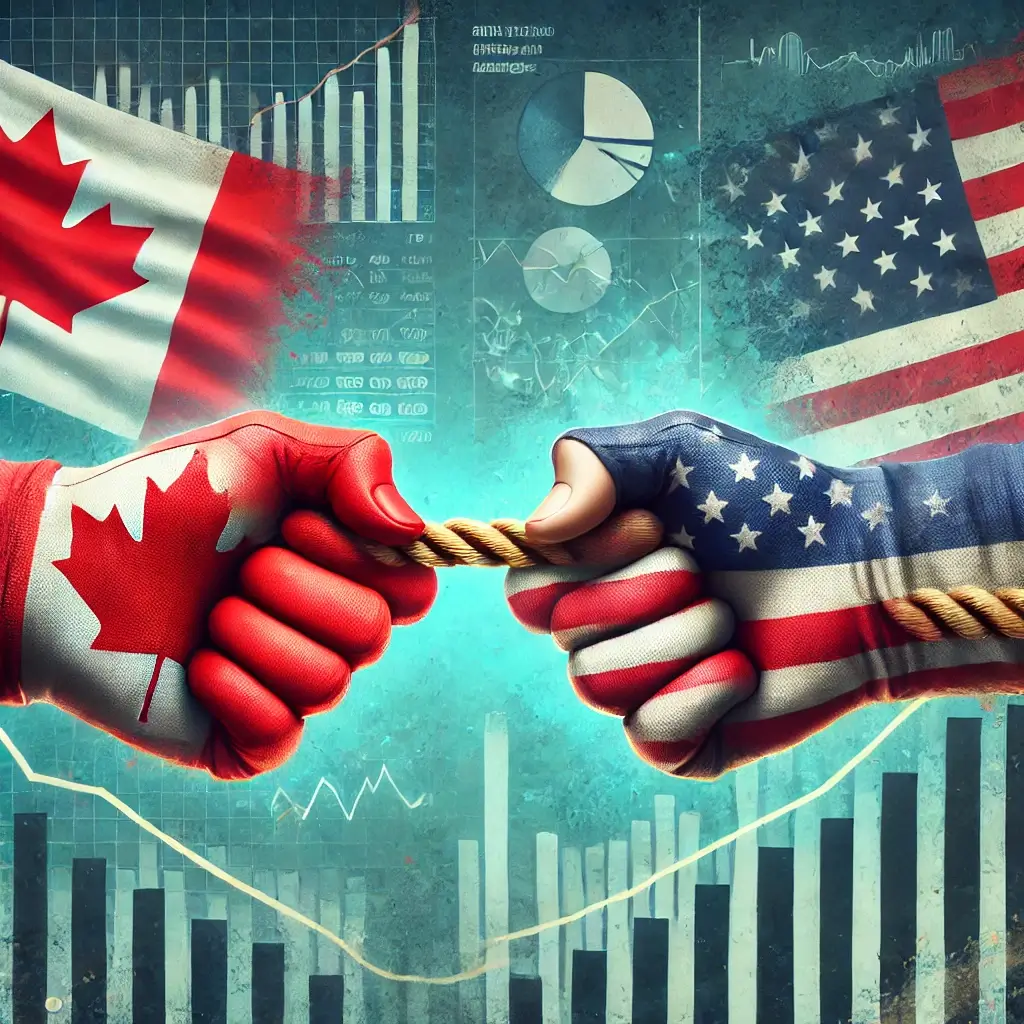
Ontario Premier Doug Ford has escalated trade tensions with the United States by imposing a 25% surcharge on electricity exports to Michigan, Minnesota, and New York.
This decision, effective March 10, 2025, comes in response to President Donald Trump’s recent tariffs on Canadian imports. However, Trump’s initial tariffs weren’t focused on general trade disputes—they were specifically linked to fentanyl concerns, linked to illicit drug manufacturing and export to the US. A more longer term policy on reciprocal tariffs is coming on April 2, 2025
Did Ford deliberately provoke a trade war?
Despite this, Ford chose to retaliate with an electricity price hike that directly affects Ontario’s largest customers, even though there was no immediate necessity to do so.
Ford also doubled down with his rhetoric that the surcharges will remain in place unless President Trump takes tariffs off the table entirely. He even threatened a complete shutdown of electricity exports if tensions escalate further.
While the affected states rely only partially on Ontario’s electricity, the move signals a an unnecessary escalation of of conflict.
His decision to increase costs for U.S. states raises the question: Did Ford deliberately provoke a trade war?
The surcharge is expected to generate approximately $278,000 daily, but it also risks pushing U.S. state governments to seek alternative energy sources.
The US Response
This unfair bully tactic by Doug Ford, saw an expected Trump response.
President Trump doubled down on tariffs, increasing duties on Canadian steel and aluminum to 50%, effective March 12, 2025.
Meanwhile, U.S. officials, including New York Governor Kathy Hochul and Senator Chuck Schumer, have criticized the move for driving up energy prices unnecessarily. They argue that Ontario’s decision to hike prices for its own customers, without any direct economic pressure to do so, suggests Ford was looking for a fight.
“These tariffs will drive up utility bills, disrupt energy markets, and create uncertainty for businesses and families alike,” Hochul said. “They are not only economically harmful but also dangerously short-sighted.”
Canada’s Protectionist Practices
This dispute also highlights Canada’s protectionist policies that make cross-border business challenging.
U.S. banks, for example, face strict limitations when trying to enter the Canadian market due to stringent financial regulations and foreign ownership restrictions. Canada’s banking sector is dominated by a handful of domestic institutions, making it difficult for American competitors to establish a foothold.
Beyond banking, many U.S. businesses struggle with high tariffs and regulatory barriers when exporting to Canada. For instance, Canada imposes steep tariffs on dairy imports—reaching up to 300% in some cases—protecting its domestic industry at the expense of competitive pricing for consumers.
Similarly, sectors like telecommunications and media remain largely closed to foreign competition, reinforcing Canada’s protectionist stance while limiting opportunities for cross-border investment.
These factors contribute to an already tense trade relationship, making Ford’s move even riskier as it adds fuel to an already complicated economic dynamic.
With economic stakes rising on both sides, the question remains: Was Ford’s retaliation strategic, or was it simply reckless brinkmanship?

